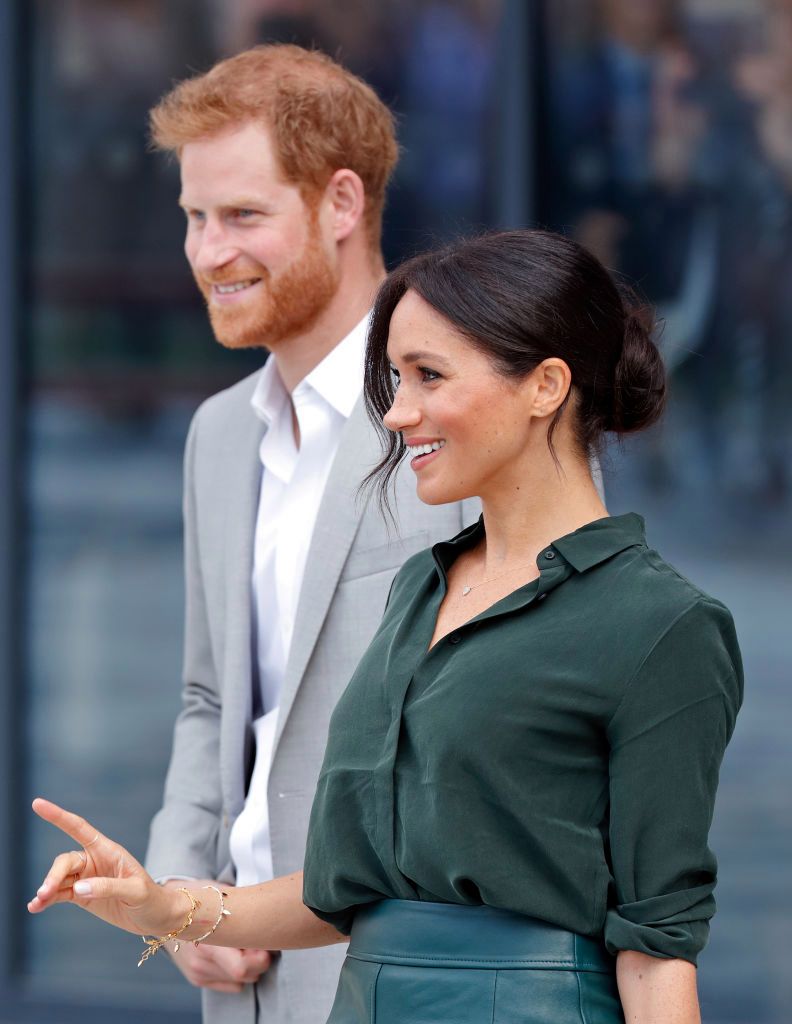
Source: Max Mumby/Indigo / Getty
Meghan Markle and Prince Harry have welcomed their second bundle of joy. In a joint statement released via People on June 6, 2021, the proud parents announced that Markle gave birth to a baby girl. They named her Lilibet “Lili” Diana Mountbatten-Windsor, after her great-grandmother and grandmother. The statement read:
“Lili was born on Friday, June 4 at 11:40 a.m. in the trusted care of the doctors and staff at Santa Barbara Cottage Hospital in Santa Barbara, CA. She weighed 7 lbs 11 oz. Both mother and child are healthy and well, and settling in at home. Lili is named after her great-grandmother, Her Majesty The Queen, whose family nickname is Lilibet. Her middle name, Diana, was chosen to honor her beloved late grandmother, The Princess of Wales.”
On their website, the couple gushed over her arrival and thanked their supporters.
“She is more than we could have ever imagined, and we remain grateful for the love and prayers we’ve felt from across the globe,” read their statement on their Archewell website. “Thank you for your continued kindness and support during this very special time for our family.”
Their first son, Archie, is two-years-old.
“In the pain of our loss, my husband and I discovered that in a room of 100 women, 10 to 20 of them will have suffered from miscarriage. Yet despite the staggering commonality of this pain, the conversation remains taboo, riddled with (unwarranted) shame, and perpetuating a cycle of solitary mourning.”
The announcement of them having their second child comes months after Markle revealed that she had suffered a miscarriage. In an essay for the New York Times, she revealed that she loss a child in July 2020. After experiencing sharp cramps that dropped her to the floor while Archie was in her arms, she said she expected the worst.
“I knew, as I clutched my firstborn child, that I was losing my second,” she wrote.
By telling her story, she hoped to normalize the conversation around miscarriages.
“In the pain of our loss, my husband and I discovered that in a room of 100 women, 10 to 20 of them will have suffered from miscarriage,” she continued. “Yet despite the staggering commonality of this pain, the conversation remains taboo, riddled with (unwarranted) shame, and perpetuating a cycle of solitary mourning.”


